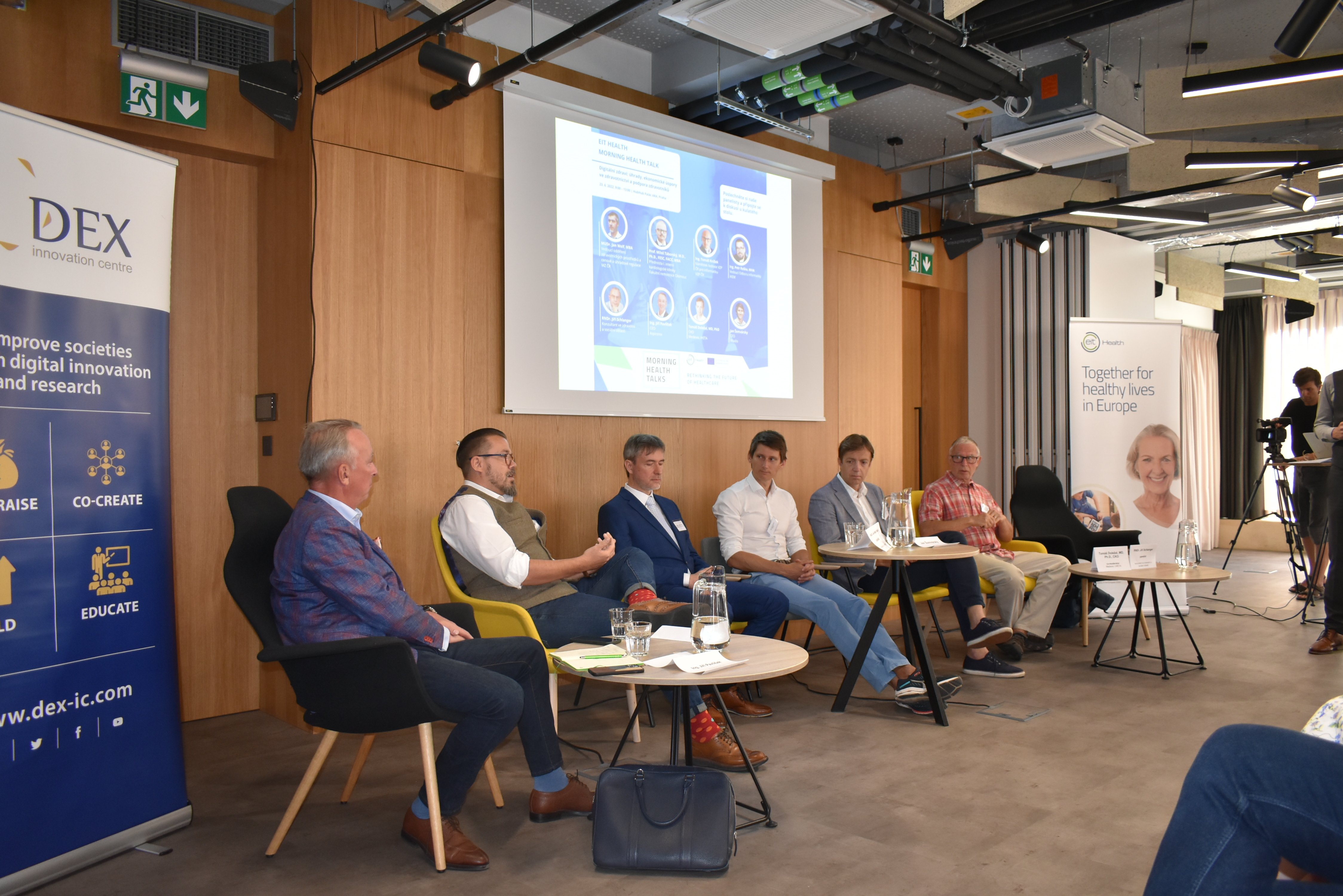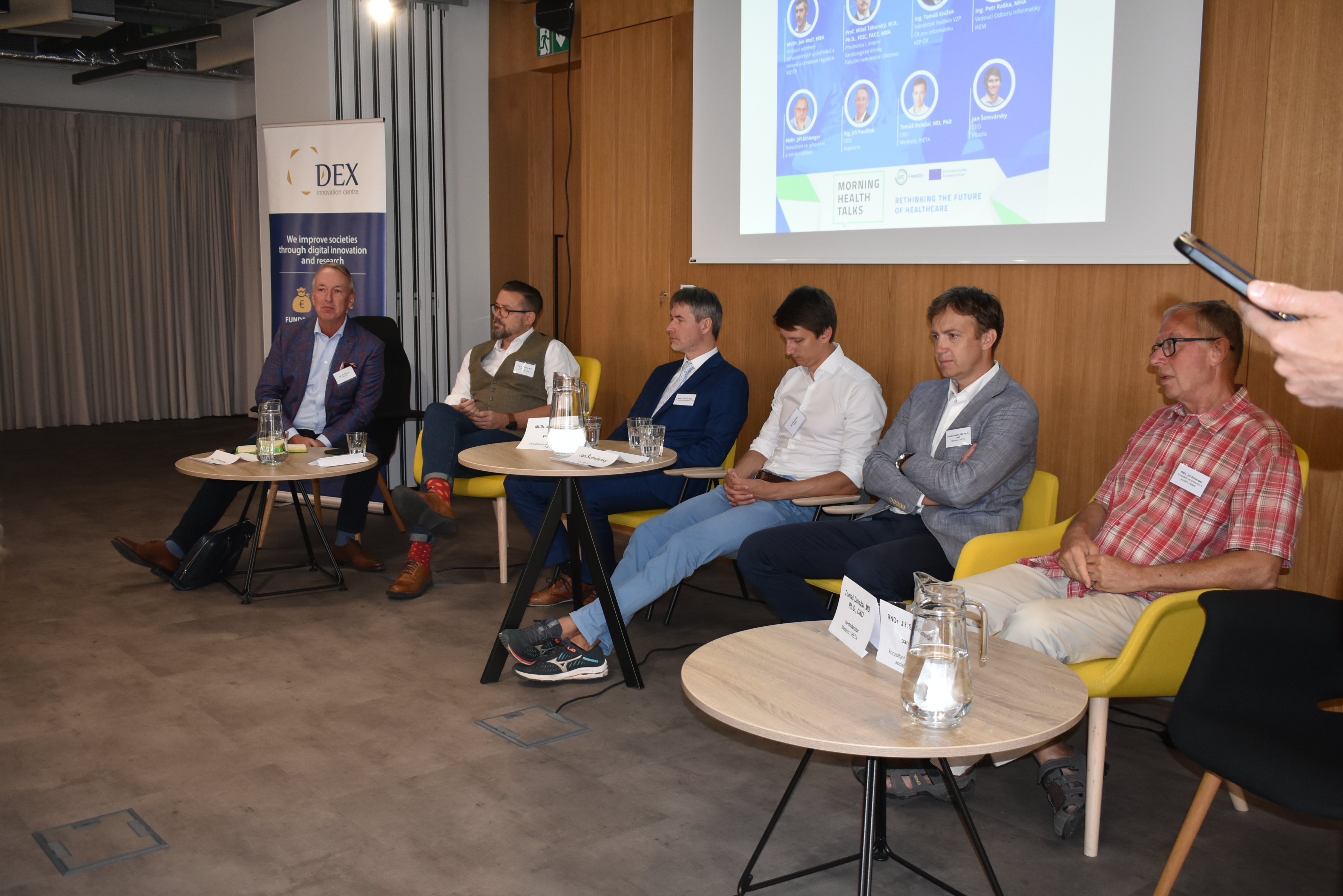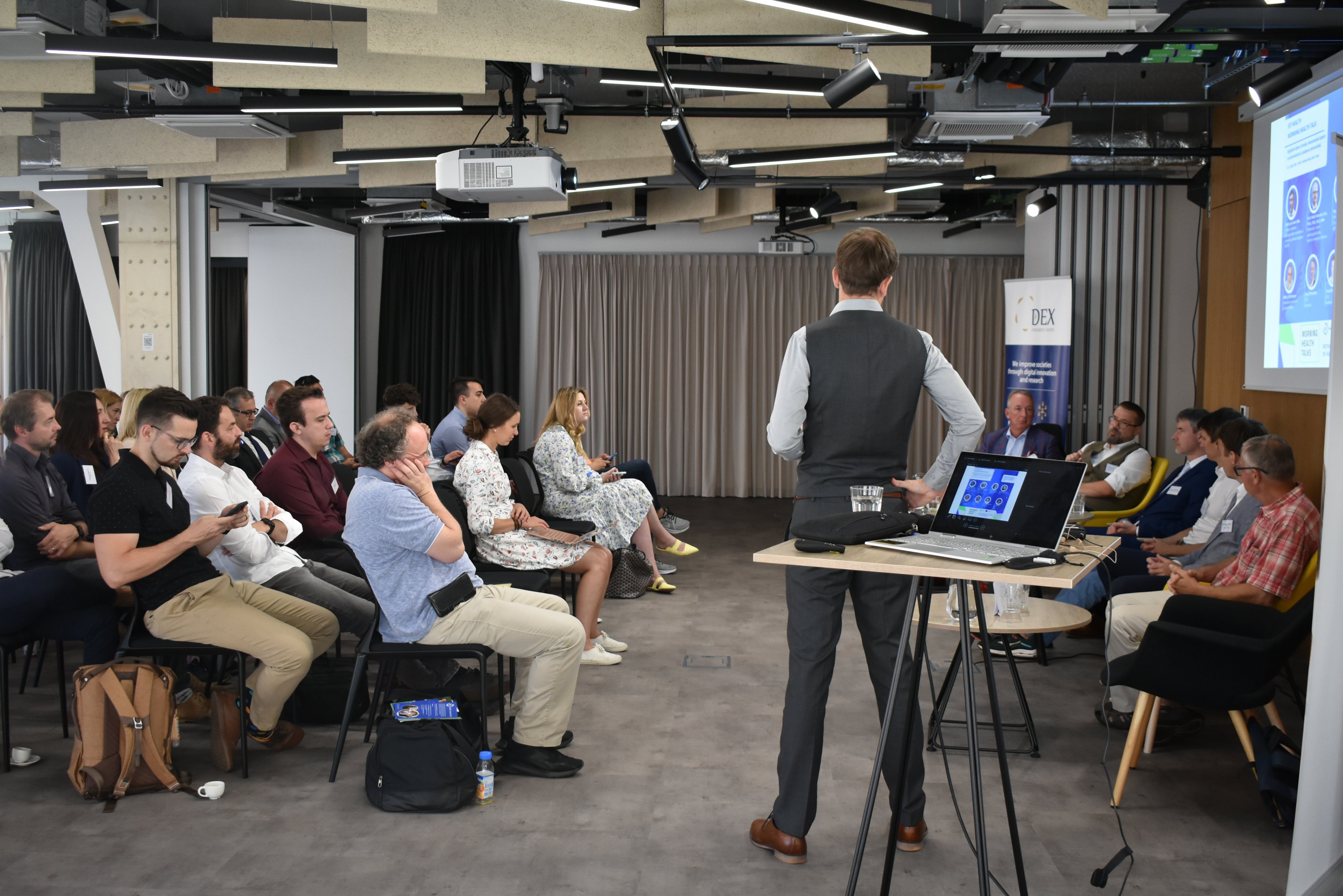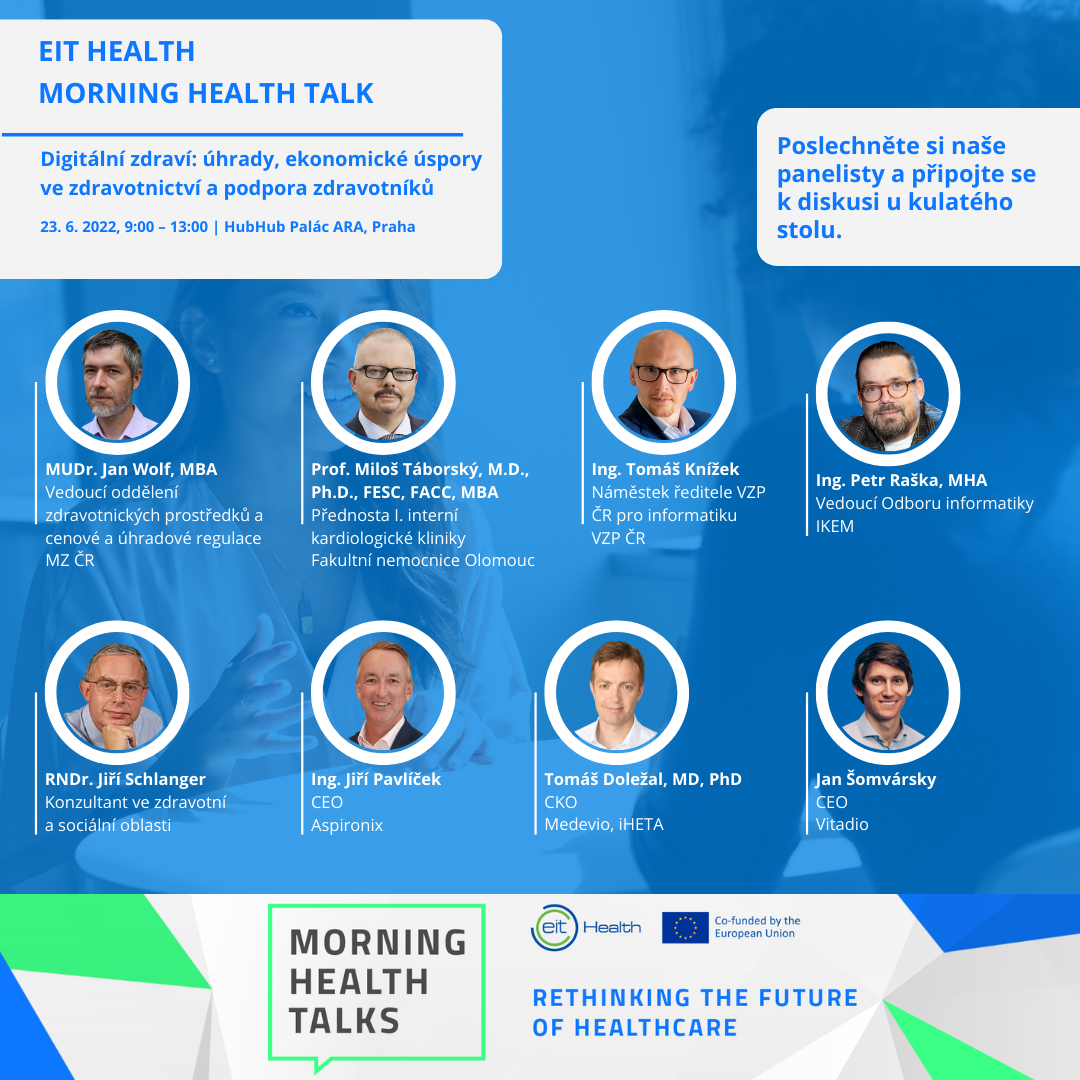
- Search term must have more than 2 characters.

"Digital transformation means a comprehensive change of processes in public administration," experts agree.
Jan Wolf from the Ministry of Health of the Czech Republic, Petr Raška from IKEM, health and social consultant Jiří Schlanger, Jiří Pavlíček, CEO of Aspironix, Tomáš Doležal, CKO of Medevio, iHETA and Jan Šomvársky CEO of Vitadio discussed how to successfully digitalize the health system in the Czech Republic.
In neighbouring Germany, the so-called Digital Health Applications system is in operation. DiGA (in German: “Digitale Gesundheitsanwendungen”) opens up a wide range of possibilities, both regarding the diagnosis and treatment of diseases as well as supporting a self-determined, healthy lifestyle. Thus, we can consider DiGA to be "digital assistants" in the hands of the patient.


The Czech Republic has a different system, not as flexible as Germany, but certainly not unfavourable to digital innovation. According to the speakers at the EIT Morning Health Talk, we are ready, new entities and digital applications can enter the Czech healthcare system from 2019. The German one is more flexible, the Czech one is set up on vouchers. As in Germany, assessments and relevant studies have to be proved anyway.
The Czech company Vitadio creates digital therapeutics for type 2 diabetes. Vitadio is the only foreign entity to have successfully joined the German DiGA system. "The digitalisation system certainly has the potential to increase the incentive for innovations to enter the Czech healthcare system and to increase the willingness of private investors to support these innovations. Most importantly, DiGA can improve the quality of care and save health insurers money," says Jan Šomvársky, CEO of Vitadio.
Exactly why to take such a step and how to make digitalization as easy as possible was also discussed at the EIT Morning Health Talk. Many representatives of health insurance companies, the ministry and the public sector are concerned about the change in the system towards digitalisation, but all agree that processes need to be set up and the system can work. In the aforementioned Germany, there are 31 digital apps involved in the DiGa system, all focused on helping patients. Doctors can prescribe them to patients and they are covered by public insurance.
"The Czech Republic is not a completely open environment for innovators. The world is speeding up and we need to accelerate the healthcare system and allocate finance better in line with it. The current situation is not intelligent. Everything is negotiated between the provider and the insurance company and it is not transparetic. And we have to set it up differently," says Jiří Schlanger.


RESUME
Nobody wants to risk a bad digitalisation and spend a lot of money in it. But soon we will have no choice in the Czech Republic because the healthcare system will become even more outdated and more expensive and inefficient to run. Digitisation will bring health and economic benefits to the system and all its users. The panellists are optimistic because they see the impact of digital products on the healthcare system as clearly positive if the process is set up correctly.
We are looking to see you at next EIT Morning Health Talk on autumn edition.